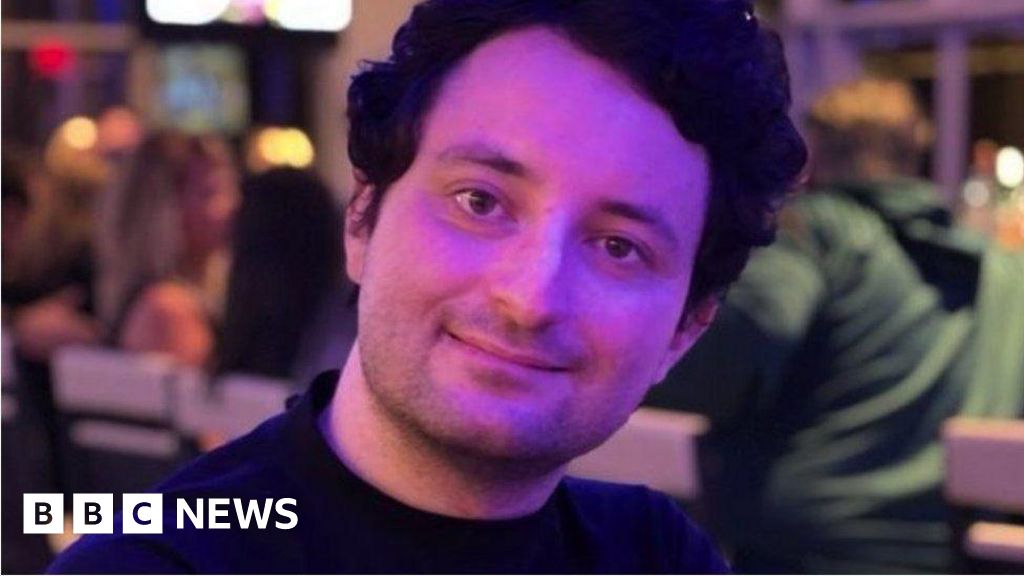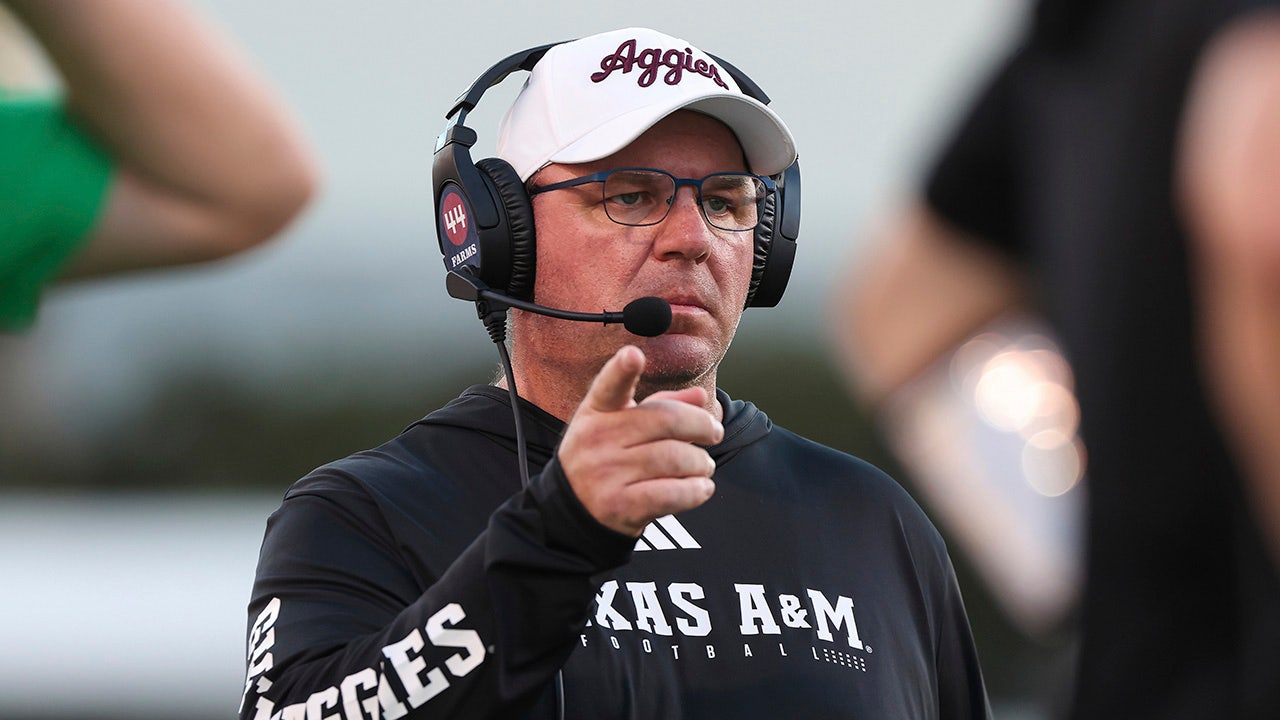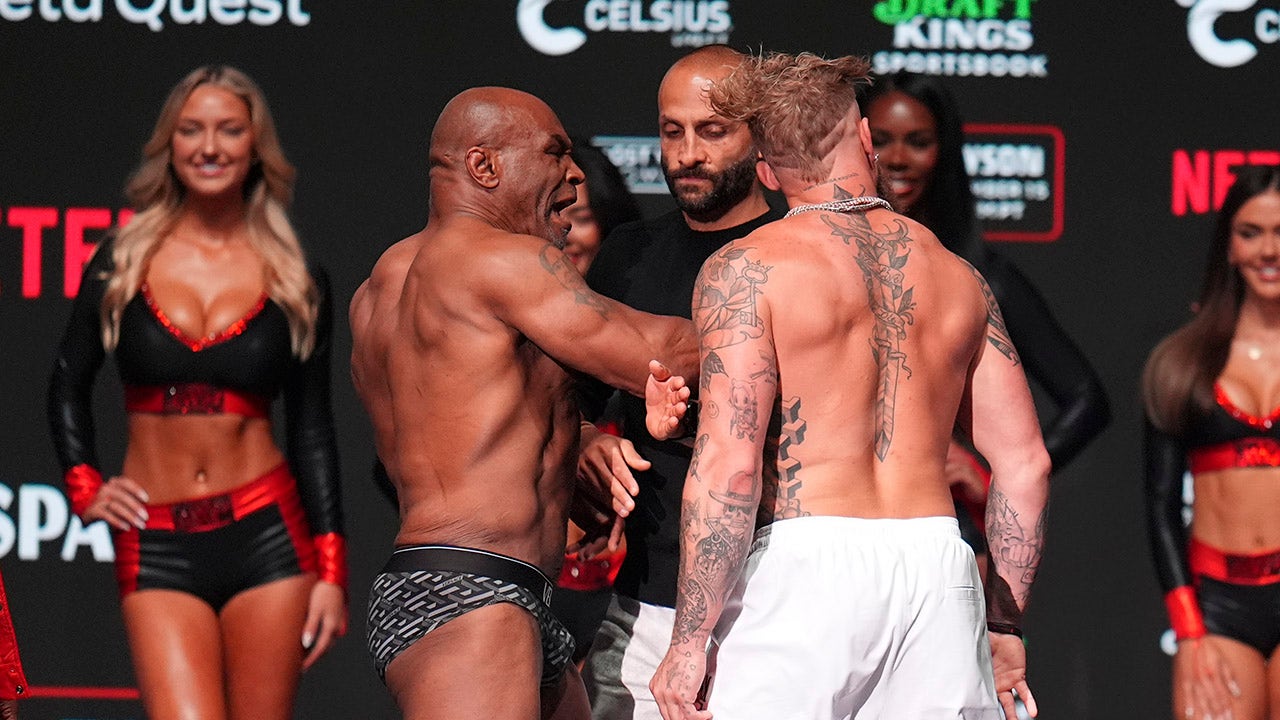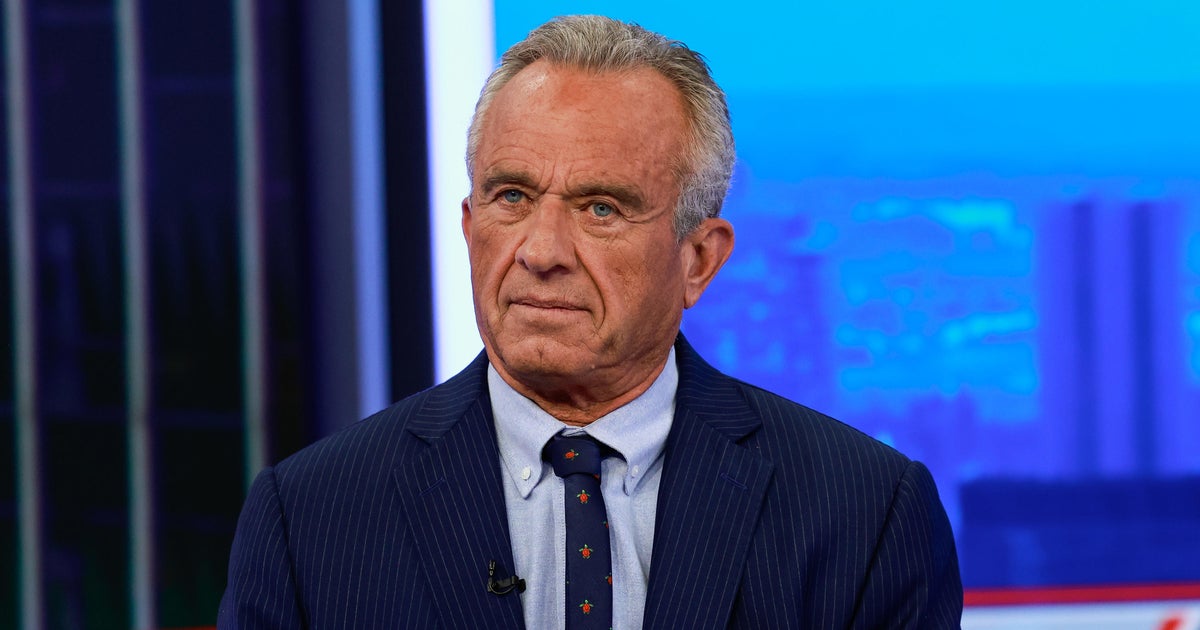Under the new regulations, credit card issuers including Bank of America, Capital One, Citibank and JPMorgan Chase cannot charge more than $8 for a late payment unless they can explicitly point to data showing they must impose higher fees to make up for losses.
In issuing the restrictions, the Consumer Financial Protection Bureau said the government intends to close a legal loophole that had allowed some financial giants to charge an average of $32 per month for a missed or late payment. The amount has proved onerous for some cash-starved cardholders, while enriching the credit card industry, which reaped more than $14 billion in revenue from late fees in 2022, according to the CFPB.
“We have seen the junk fee era really creep across so many sectors of the economy, and across the government. We’re just trying to make sure consumers and small businesses and workers are getting a fair shake wherever they go,” said Rohit Chopra, the agency’s director, on a call previewing the announcement with reporters.
The policy is set to take effect later this spring, and it could save cardholders about $10 billion each year, according to the bureau, which estimates that about 45 million people have faced such fees. But its fate remains unclear, because the banking industry is expected to sue the CFPB, adding to the agency’s legal woes as the Supreme Court is weighing the future of its funding and regulatory powers in a separate pending case.
The CFPB announced its long-awaited cap ahead of a planned meeting Tuesday between Biden and his top council of advisers on competition issues. Federal officials plan to unveil other actions there meant to crack down on “junk fees,” including a “strike team” run by the Justice Department and the Federal Trade Commission, which will probe anticompetitive pricing practices in areas such as prescription drugs, groceries, housing and financial services.
The spate of federal activity reflects Biden’s ongoing campaign to stamp out the root causes of persistent inflation. Even as the costs of groceries, gas and other goods have leveled out in recent months, some Americans still report they are struggling to afford their basic needs — a problem that the president has blamed at times on corporate profiteering.
“Even as prices have come down on important items … some corporations aren’t passing those savings onto consumers,” said Lael Brainard, the director of the White House National Economic Council. “Instead, some corporations are tacking on extra fees, hiding costs and sometimes even breaking the law.”
The announcements set the stage for Biden’s State of the Union address on Thursday, roughly a year after he used that same speech to assail the scourge of “hidden surcharges [that] too many companies use to make you pay more.”
At the time, Biden sought to rally a prime-time, national audience around his administration’s push to require more price transparency, especially on airlines, which can hide the full costs of a ticket until travelers reach the checkout page. He touted the government’s work to reduce “exorbitant bank overdrafts,” slash credit card late penalties and expose hotels that often surprise guests with extra charges when they try to check into their rooms.
“I know how unfair it feels when a company overcharges you and gets away with it,” the president said. “Not anymore.”
One year later, only some of those rules have been finalized or implemented, a reflection of the typically slow, lumbering nature of the federal rulemaking process and the inability of a divided, hyperpartisan Congress to tackle even the most basic tasks. Adding to the challenge, the Biden administration has often faced staunch lobbying opposition from airlines, cable giants, travel resorts and ticket sellers, which have threatened at times to block even the most basic federal safeguards, further delaying relief to cash-strapped Americans.
This week, Brainard said that Biden is “fed up” with those corporate practices and that he planned to highlight them again during his speech. In the meantime, federal officials on Tuesday are set to unveil their next round of regulatory action targeting junk fees.
The Federal Communications Commission, for example, aims to introduce a proposal Tuesday that would ban “bulk billing,” a practice in which landlords can charge everyone within a single apartment building or office for cable, internet or satellite service, even if they don’t want to participate. The Agriculture Department, meanwhile, intends to release final rules that target contracts in poultry pricing, with the goal of lowering prices for farmers.
The CFPB, for its part, focused its new restrictions on late fees to the largest card issuers, which serve more than 1 million customers. While the agency first embarked on its rulemaking process in 2023, its work has received heightened attention since Capital One announced its plans last month to merge with Discover Financial Services, a deal that could create the largest credit card issuer in the United States.
“There are changes that fiddle at the edges of a problem and there are reforms like this one that will save consumers billions each year by slashing a particularly nasty kind of junk fee,” said Amanda N. Jackson, director of consumer campaigns at Americans for Financial Reform, which has advocated for stronger federal financial regulation.
Many banks and credit card issues previously urged the agency to abandon its plans, with some going as far as to say it would be a “moral hazard” if the government capped penalty amounts. Last May, the American Bankers Association and other lobbying groups representing Citigroup, JPMorgan Chase, Wells Fargo and Visa warned that the policy would force them to limit the perks they offer cardholders.
In doing so, they appeared to lay the groundwork to sue the government, offering a stark contrast with the tens of thousands of customers who wrote to the bureau in the hopes of obtaining financial relief.
“The late fees are imposed because they work to deter late payment,” the ABA and its peers said in comments filed with the government.















































